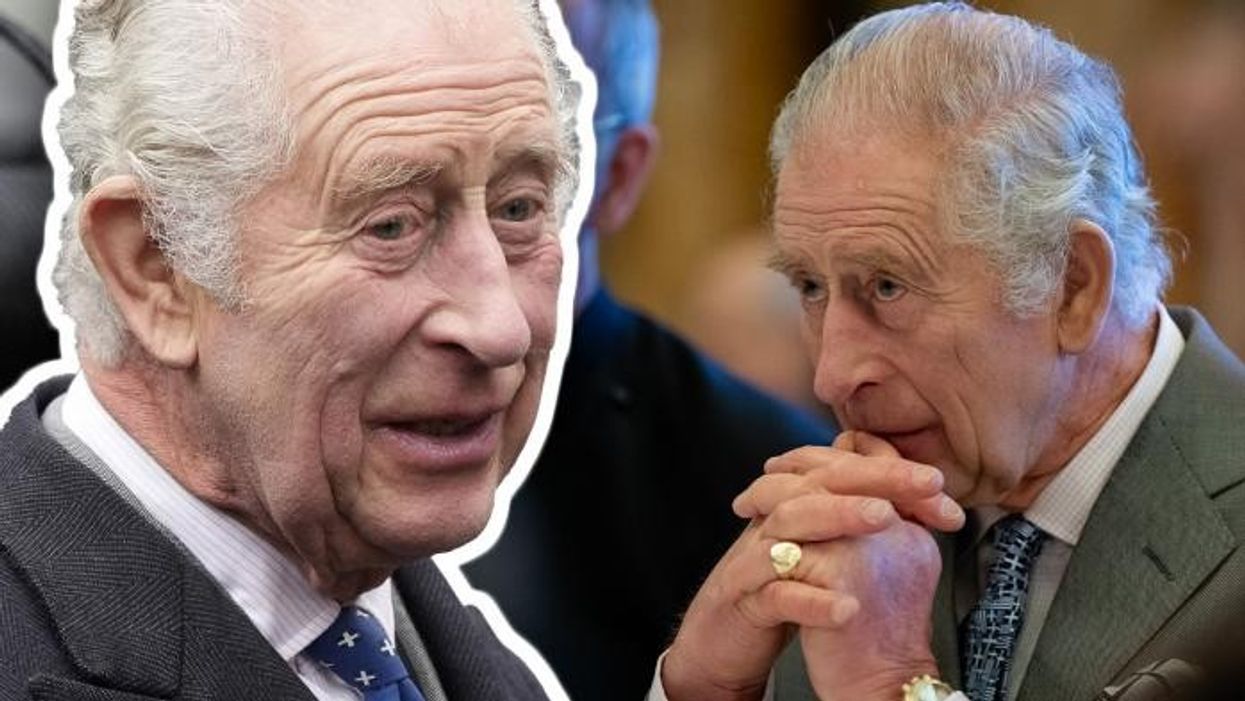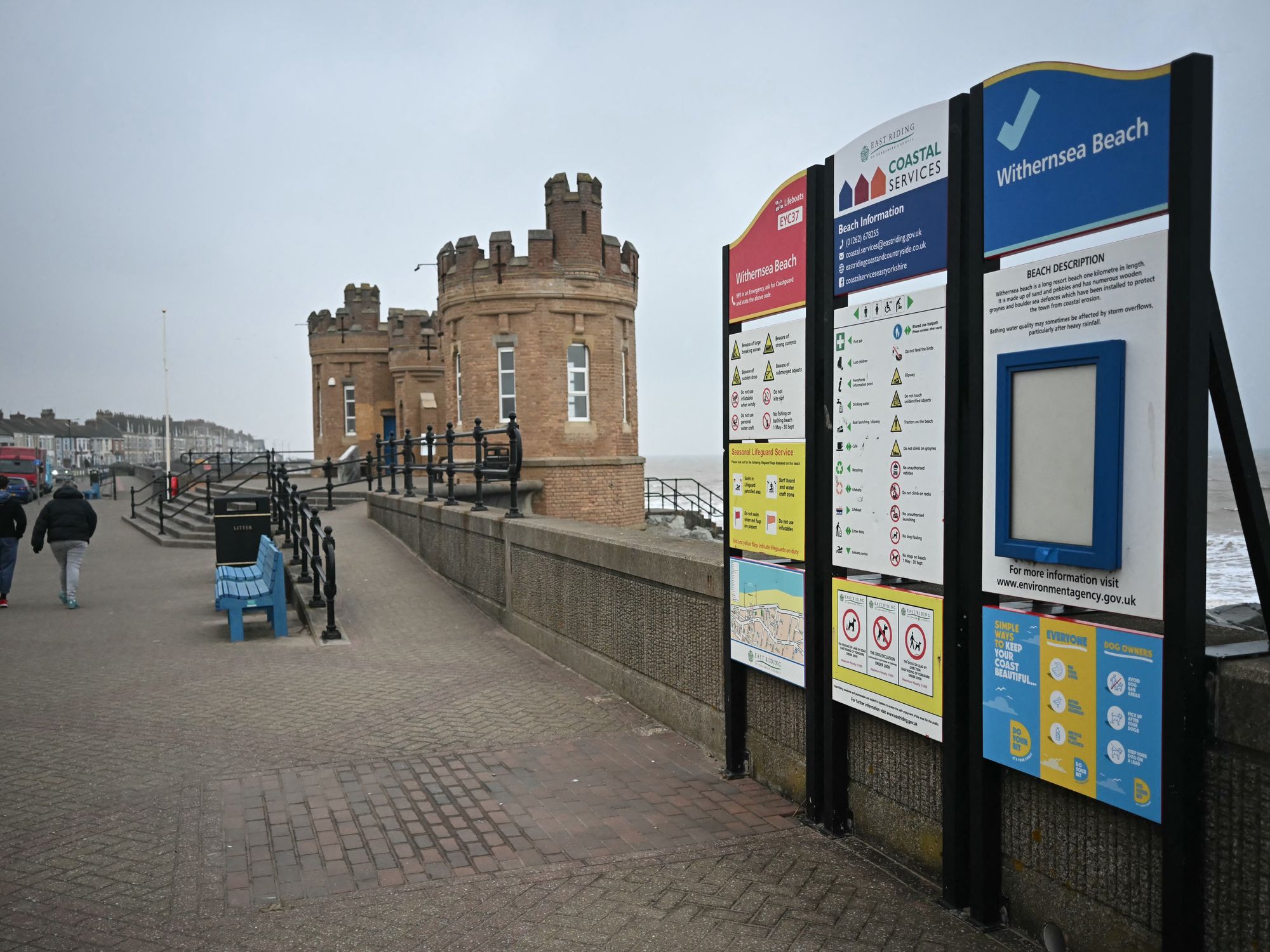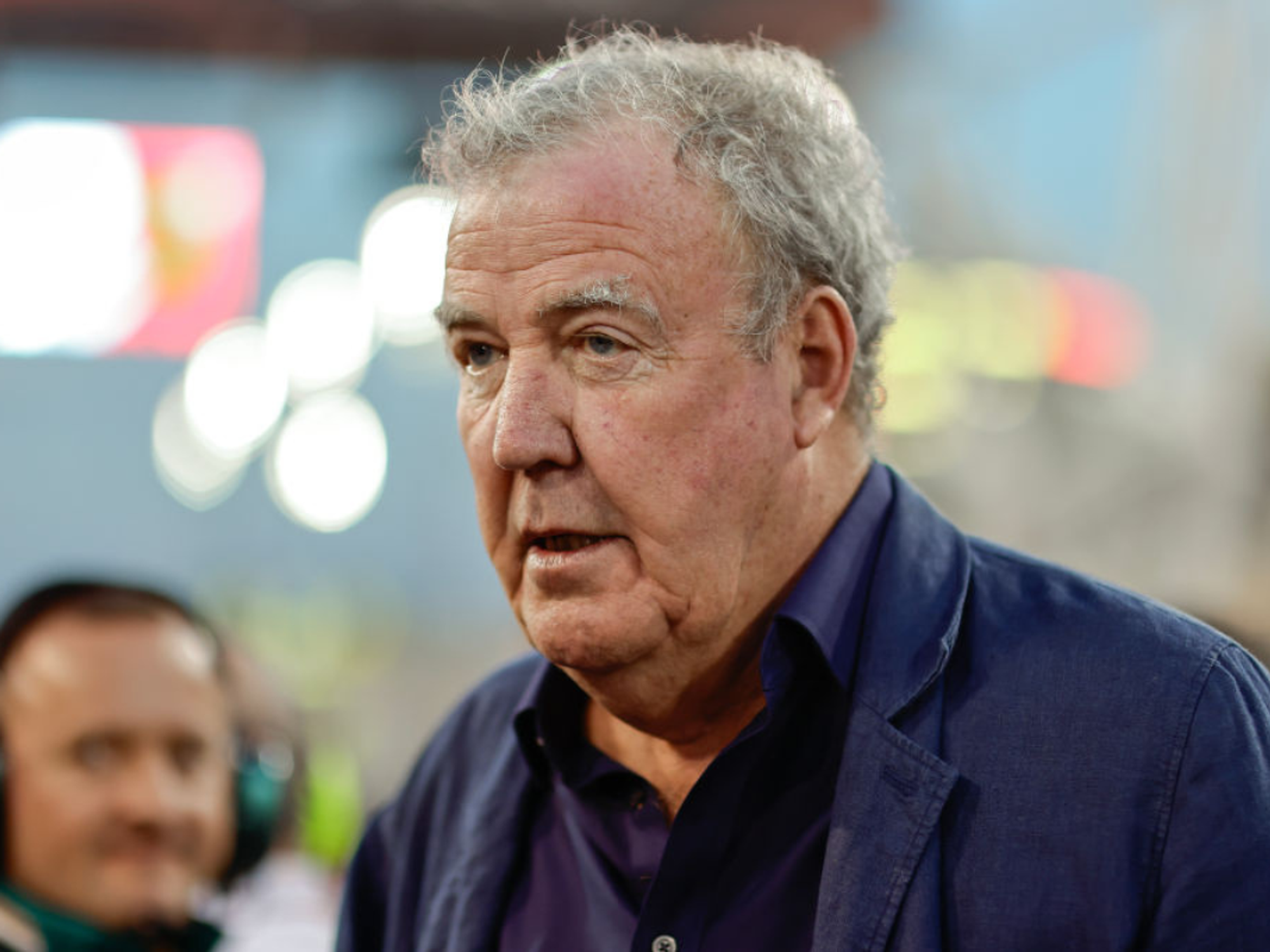King Charles cancer: Everything we know so far about the monarch's diagnosis

Buckingham Palace has announced that King Charles has received a cancer diagnosis
Don't Miss
Most Read
Latest
King Charles has been diagnosed with a form of cancer, Buckingham Palace has revealed.
This was discovered when the monarch underwent a procedure for benign prostate enlargement.
In light of his diagnosis, the King remains "wholly positive" and will continue with his State business and official paperwork.
An official statement by Buckingham Palace read: "During The King’s recent hospital procedure for benign prostate enlargement, a separate issue of concern was noted. Subsequent diagnostic tests have identified a form of cancer.
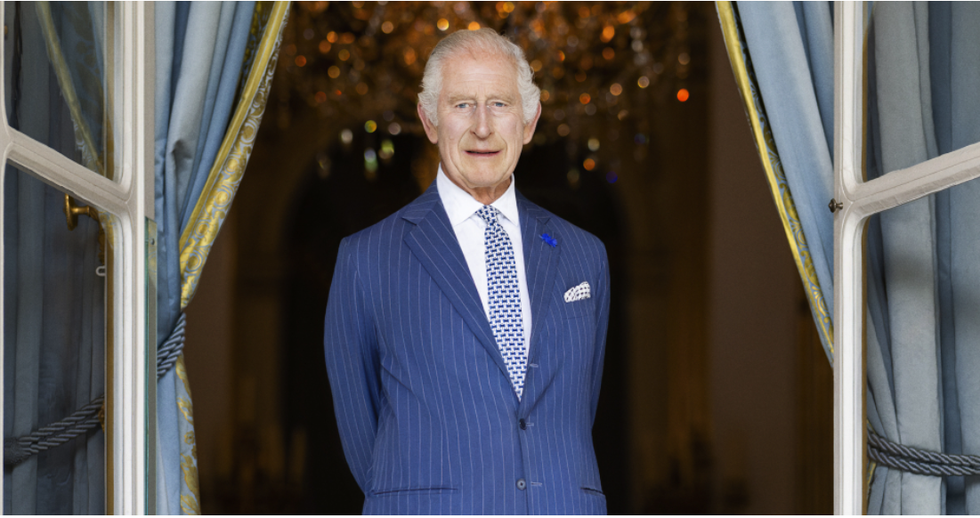
Buckingham Palace has revealed that the King has been diagnosed with a form of cancer
|Buckingham Palace
"His Majesty has today commenced a schedule of regular treatments, during which time he has been advised by doctors to postpone public-facing duties.
"Throughout this period, His Majesty will continue to undertake State business and official paperwork as usual.
"The King is grateful to his medical team for their swift intervention, which was made possible thanks to his recent hospital procedure.
"He remains wholly positive about his treatment and looks forward to returning to full public duty as soon as possible.
"His Majesty has chosen to share his diagnosis to prevent speculation and in the hope it may assist public understanding for all those around the world who are affected by cancer."
The NHS defines cancer as "a condition where cells in a specific part of the body grow and reproduce uncontrollably".
The Government department explained: "The cancerous cells can invade and destroy surrounding healthy tissue, including organs."
Cancer sometimes begins in one part of the body and then spreads to other areas.
LATEST DEVELOPMENTS
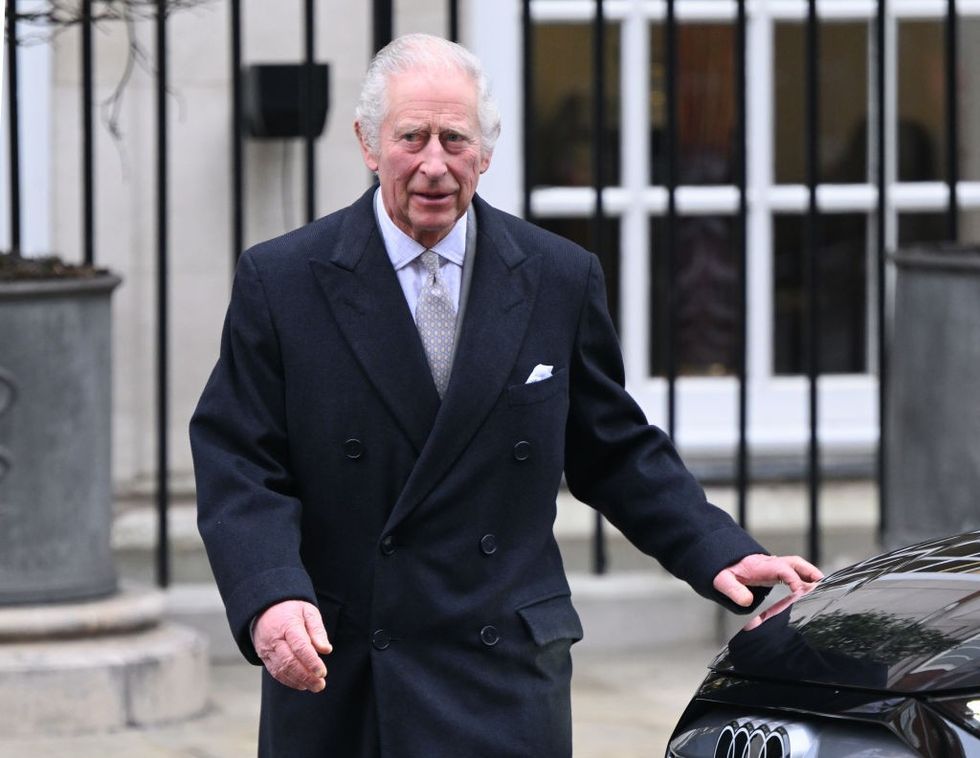
King Charles left The London Clinic on January 29, 2024 after receiving treatment for an enlarged prostate
|GETTY IMAGES
There are more than 200 different types of cancer but in the UK, the four most common types are breast cancer, lung cancer, prostate cancer and bowel cancer. One in two people will develop cancer during their lifetime.
The NHS told Britons that they can "significantly reduce their risk of developing cancer" by making certain lifestyle changes.
Eating a healthy diet, taking regular exercising and avoiding smoking can all help.
For more information on how to reduce your risk of cancer, cancer treatment and cancer services, visit the NHS website.


